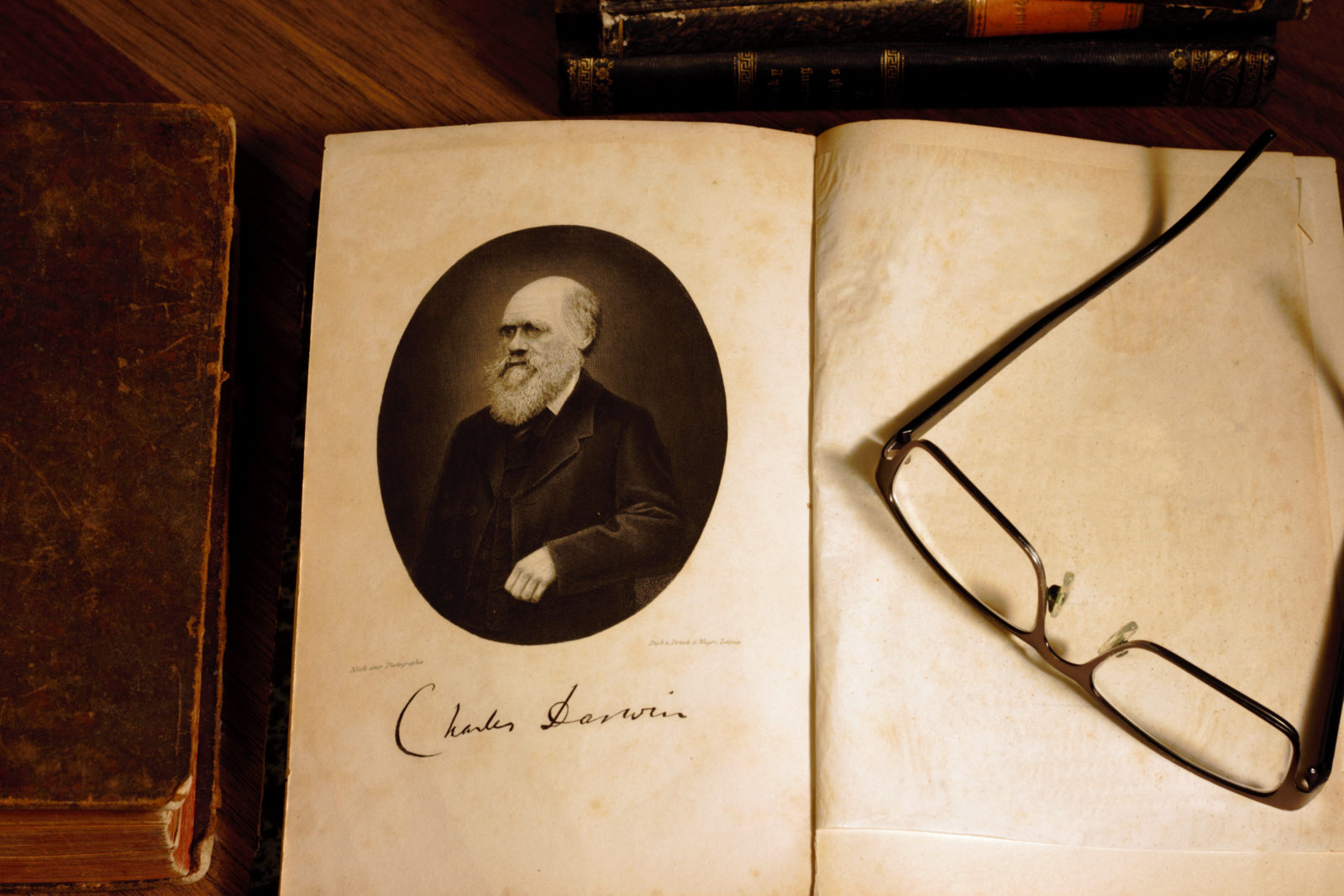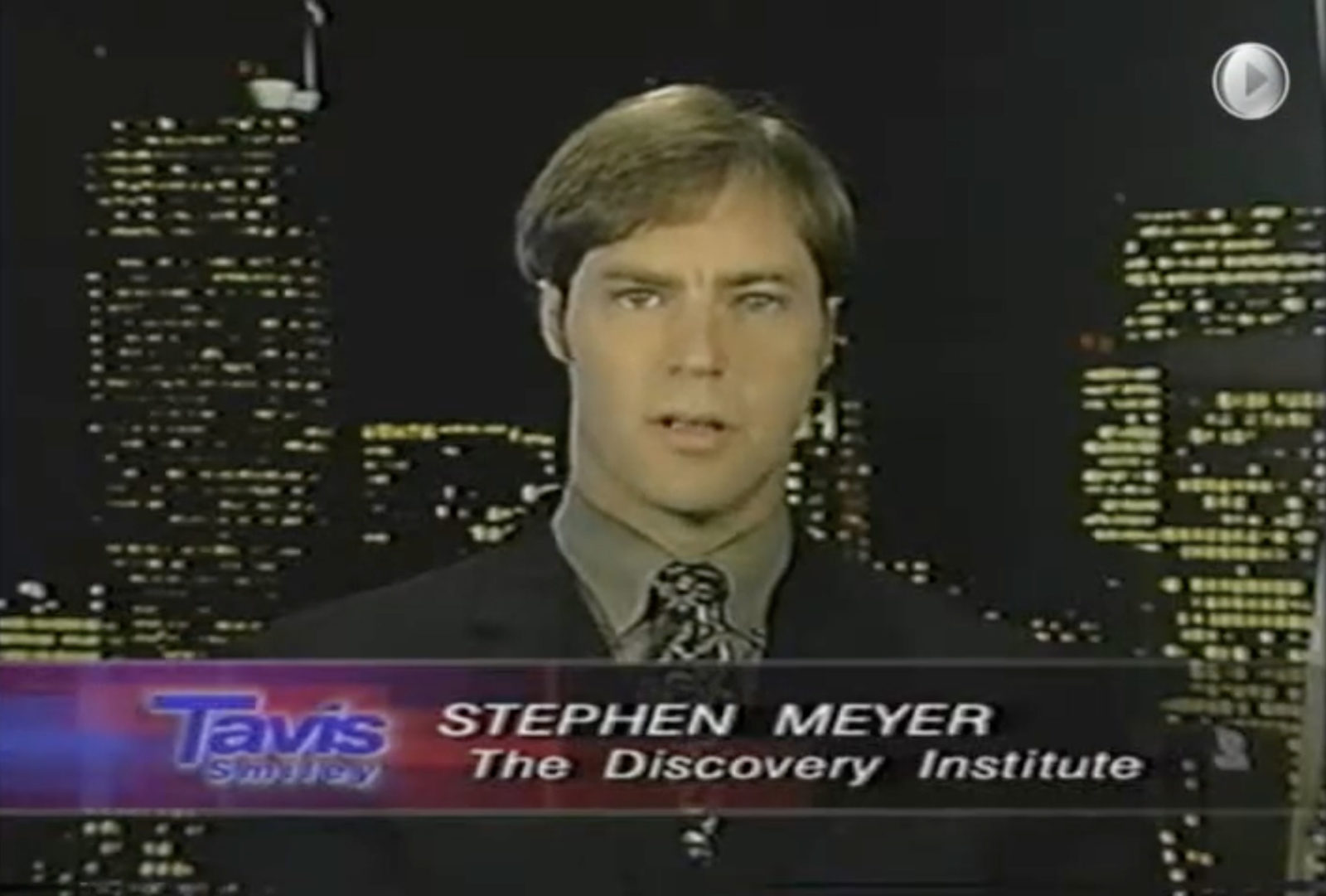


Our Silent Partners
We are animals in our appetites, and animals again in our instincts and emotions. We are animals in biology. Blood is blood, tissue is tissue, and cells are cells; and when everything is stripped away, we are animals in the organization of our genes, mindful now that but for a few alterations of the human genome, we might well be Read More ›
Darwinian Evolutionary Theory and the Life Sciences in the 21st Century
This essay was originally published in Uncommon Dissent (ISI Books, 2004) edited by William Dembski.
Evolutionary theory has had a major impact on the development of biology since the appearance of On the Origin of the Species in 1859. Over the century following publication of that book, experiments and field observations led to successive refinements of the Darwinian theory of evolution, and it was confidently proclaimed as the foundation of biology in the Darwin Centennial year of 1959.
Such confidence is not warranted today. New technologies developed in the past four decades have revealed to us the chemistry underlying biological processes. These technologies have revealed that life is far more complicated than was imagined in 1959, and that much of its complexity cannot easily be addressed by existing evolutionary theory. Indeed some of the major discoveries in the life sciences presented in this article were hardly anticipated by evolutionary theory, but instead came out of advances in experimental technologies.
Read More ›Horse Sense
A WASHINGTON MAN died recently from internal injuries he sustained while having sex with a horse. After his body was dropped off at a hospital, police discovered that out-of-towners had rented a rural farm and then made local animals available for use in bestiality. Yes, video taping was involved. This disgusting story should have had a quick ending with the Read More ›
Transit Agencies Could End Up Roadkill
This article, published by Seattle PI, quotes Discovery Institute Fellow Bruce Agnew: “Who sets priorities? Different agencies. Each agency has its own budget and its silo of funding. Each has a board of directors and a timetable,” said Bruce Agnew, Cascadia Project director at the Discovery Institute. The rest of the article can be found here.
Gilder Cohosts Exciting Ninth Telecosm Conference
Top business and investment minds are gathering this September in Squaw Valley, CA for “the second ascendance of the Telecosm,” the new economic landscape created by computers, data networks and an ever-growing list of new technologies. The 2005 Telecosm Conference, cohosted by Discovery Senior Fellow George Gilder and Forbes magazine Editor-in-Chief Steve Forbes, is a technology summit for investors, engineers, Read More ›

Why Do We Invoke Darwin?

The Tavis Smiley Show
Dr. Meyer explains intelligent design to host Tavis Smiley and discusses how evolution should be taught in schools. Audio
Misrepresenting Intelligent Design
Upfront / Letters In an article1 about the recent Smithsonian screening of “The Privileged Planet,” based on a book I co-authored, Randall Kremer, the museum’s director of public affairs commented, “The scientific content for the most part is accurate. The problem we have is that the science is used to draw a philosophical conclusion.” Perhaps a more accurate statement would Read More ›
Just Check the ID
This article, published by The Washington Post, quotes Phillip Johnson of Discovery Institute: Creationists are attracted to ID, and one of its founding fathers, University of California law professor Phillip Johnson, is a devout Presbyterian. But you don’t have to be a creationist to think there might be something to it, or to agree with Johnson when he says, “The Read More ›